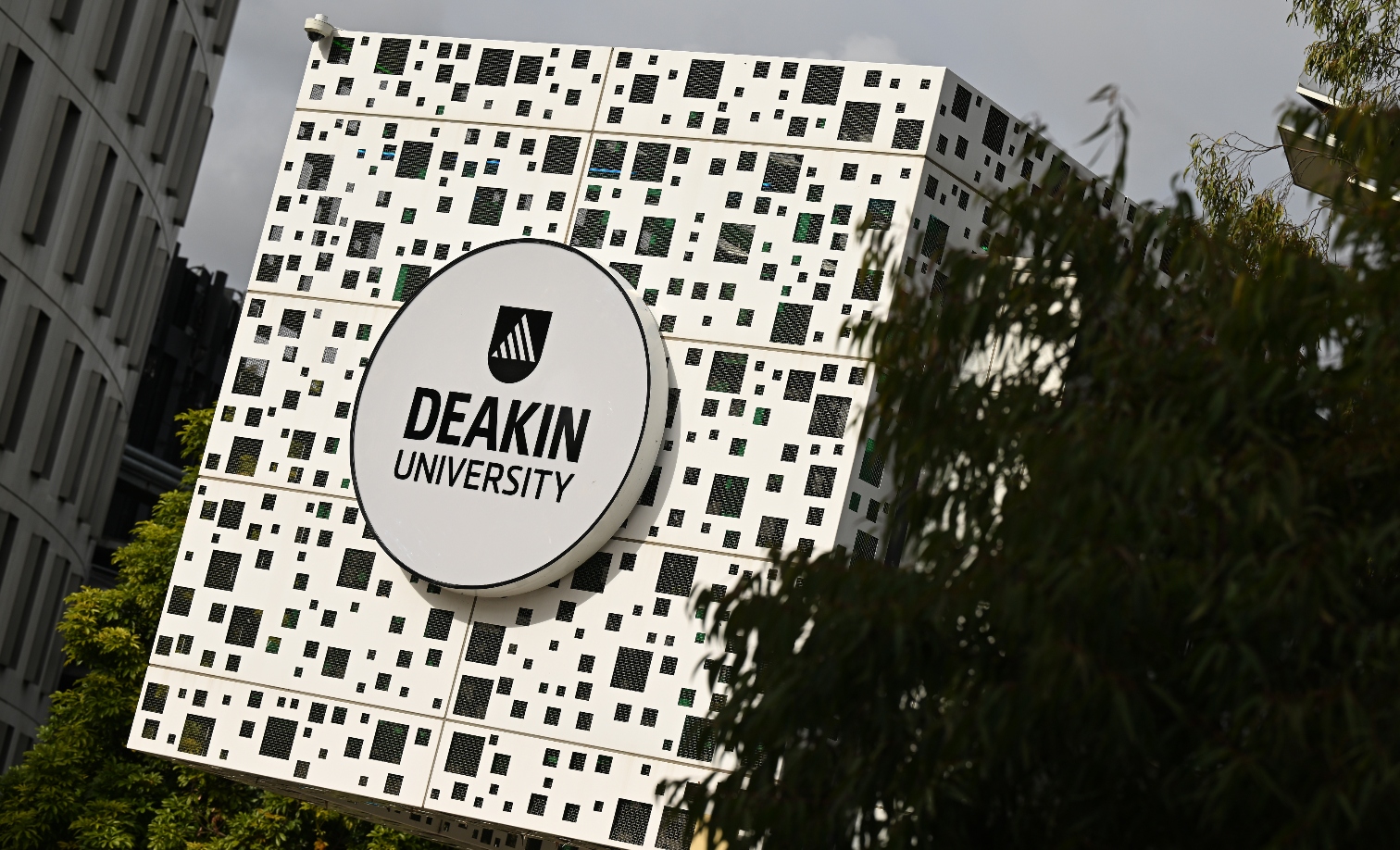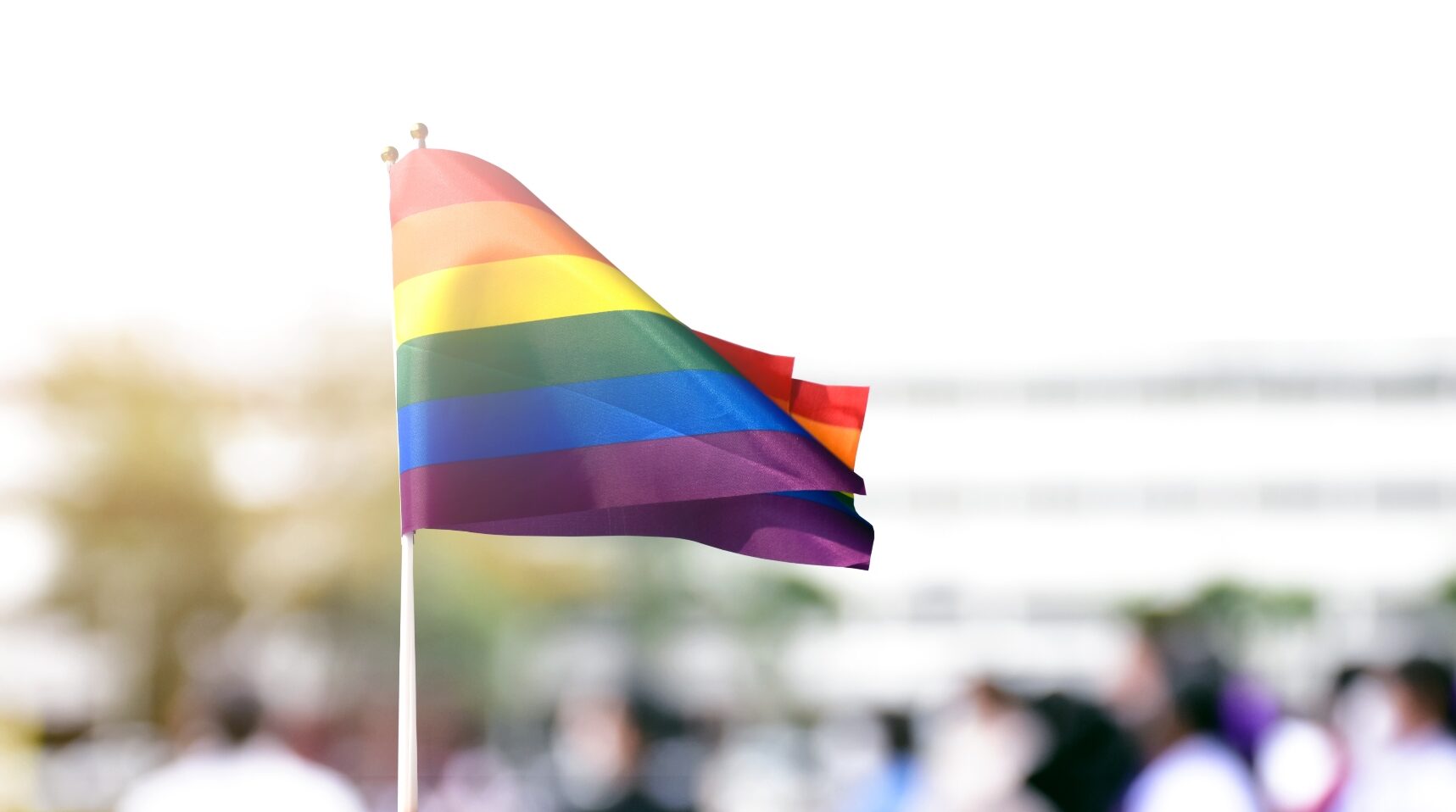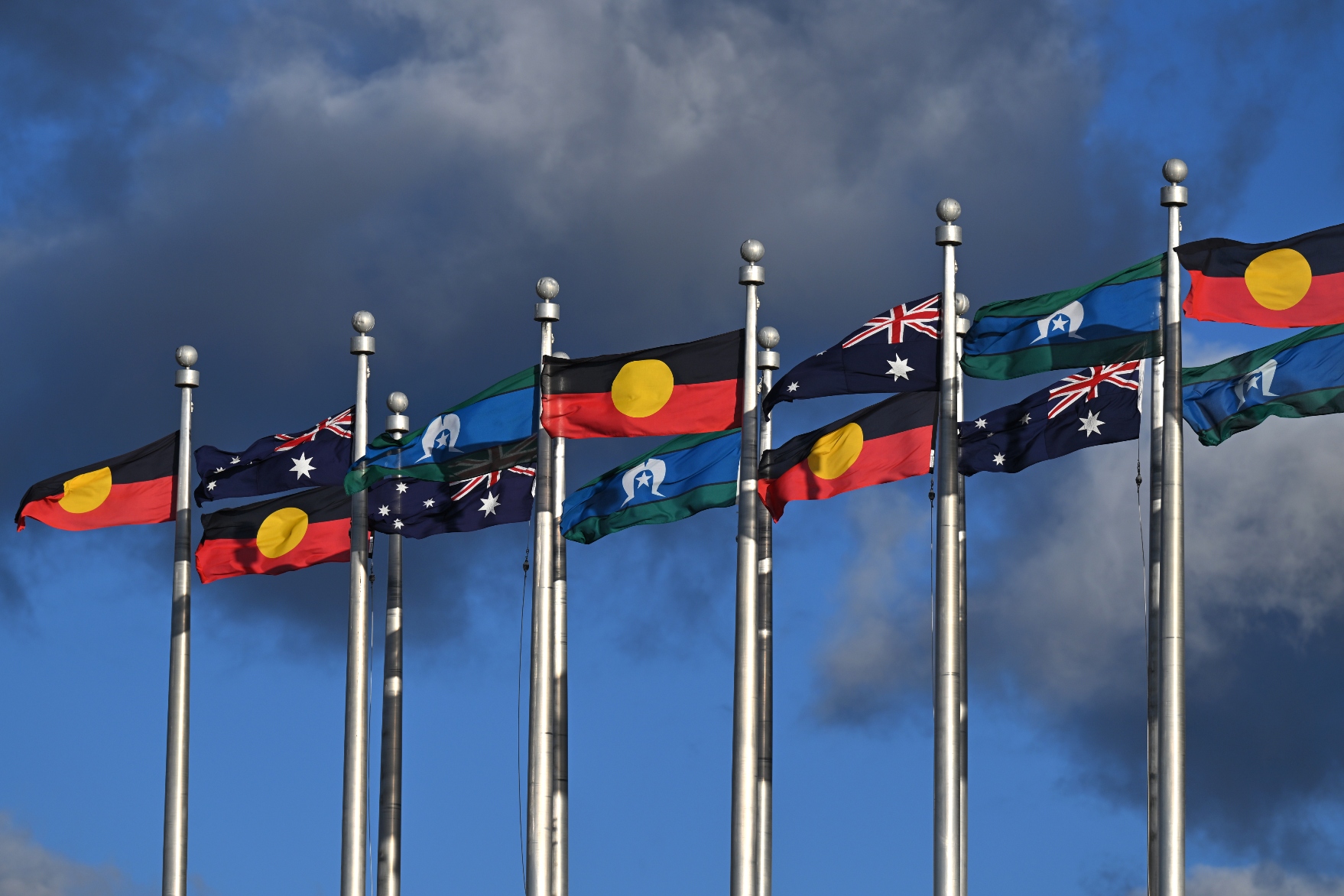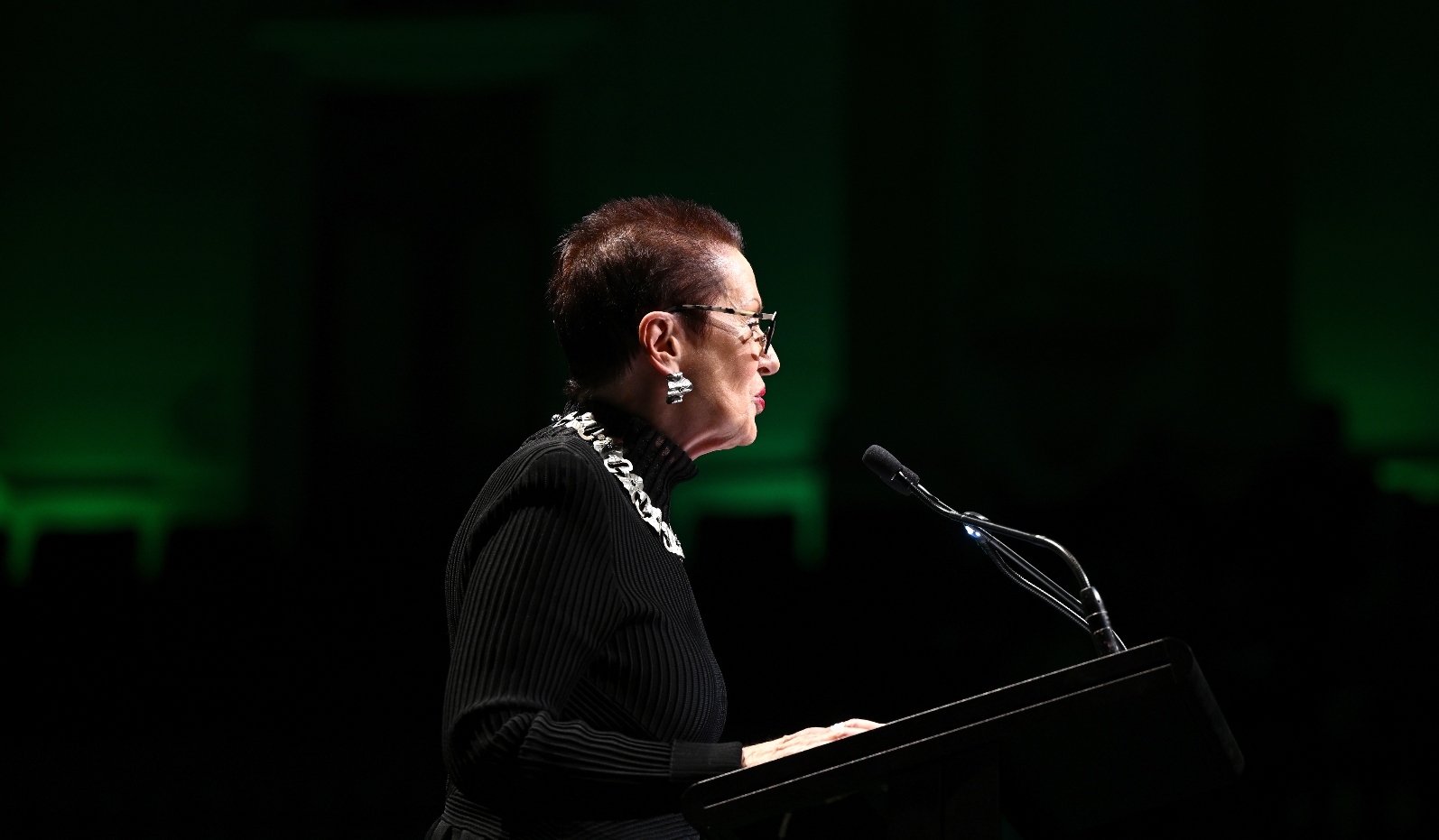
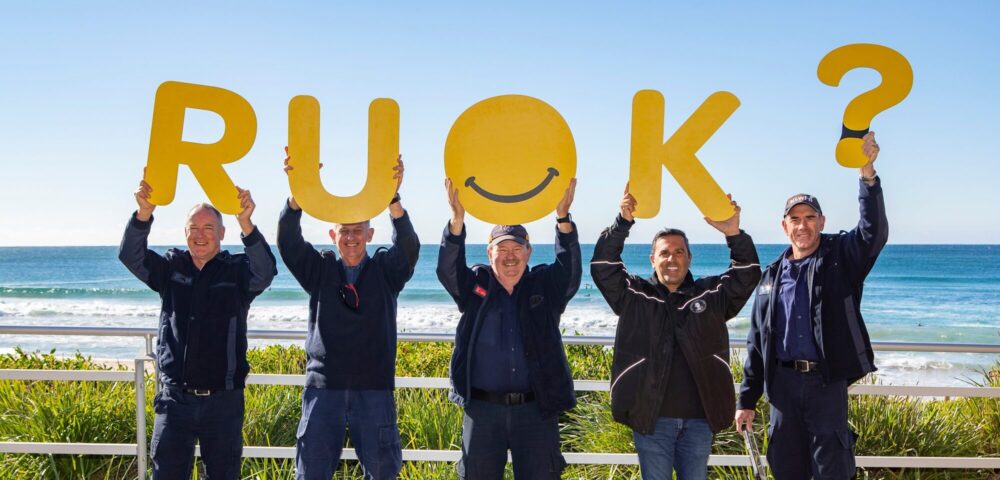
By ALEXANDER DRISCOLL and JUSTIN COOPER.
September 14 is R U Okay? Day. Running since 2009, this day presents an opportunity for friends, family and others to check in on one another’s mental health. With 8.6 deaths per day in 2022, suicide took more lives than road accidents, doubly so in fact.
Trigger warning: This story discusses mental health and suicide, which may be distressing for some readers. For 24-hour crisis support and suicide prevention call Lifeline on 13 11 14. For Australia-wide LGBTQI peer support call QLife on 1800 184 527 or webchat.
The day was started after founder Gavin Larkin’s father, Barry Larkin, took his own life. After seeing the impact it had on his own state of mind and with the memory of what happened to his father, he decided to create his own initiative to promote reaching out to others. Though unfortunately, Gavin passed away after a battle with cancer in 2011 the day continues to help thousands nationwide get the assistance they need.
According to their website, taking time to ask ‘are you ok?’ can make a serious difference to someone’s mental state, and that “genuinely listening with an open mind, we can all help the people in our world feel supported and connected”.
Effects from rising cost of living
Deputy Director at the Monash Centre for Consciousness and Contemplative Studies, Professor Craig Hassed OAM, says “The modern world is becoming increasingly fast-paced, stressed and distracted. Mindfulness can therefore be looked on as a much needed antidote to modern life.”
Hassed’s comment regarding R U OK? day 2023, can relate to the ongoing mental stress which many Australian’s are facing with the current economic, housing and overall cost-of-living pressures.
Mental Health Australia CEO, Dr Leanne Beagley, previously spoke out on the connection between a low economic stability and higher rates mental health issues.
Within the statement, Beagley said, “We know that more than 21% of the poorest Australians experience mental ill-health compared to 15% in the highest socio-economic group.”
“These constant rises in the cost of living only add further pressure to those already experiencing financial difficulty, those individuals and families finding it hard to make ends meet, and especially for those high proportion of people accessing Disability Support Pension payments living with mental ill-health,” Beagley continued.
Furthermore, Beagley pointed out the high expensive of mental health care which has been inaccessible to many low-income people prior to current cost-of-living rises.
Mental health issues prevalent in women & gender-diverse people
Liptember Foundation is an Australian organisation which encourages mental health support for women and gender-diverse people, especially through their awareness initiative of wearing colourful lipstick throughout September.
Within their 2023 Research Study, they note the significance of researching the specifics of mental health in women and gender-diverse people – there having been no consistent sources of comparable and reliable information since 2022. In comparison to last year, their research also reveals a rise of mental health issues amongst demographics and age groups.
Within their 2023 report, almost 50% of people surveyed had noted depression or anxiety and generalised anxiety disorders (GAD) as a prevalent Mental Health Issue. These were followed by body image (34%), experiences of psychological distress (16%), and PTSD (14%) disorders.
Their report also recorded mental health conditions linked to health conditions which women and gender diverse people may experience – including 57% of women living with Endometriosis experience GAD, and 50% of women with polycystic ovary syndrome living with severe mental health disorders.
Research also see the increase number of severe mental health disorders amongst almost all ages groups. There is a high prevalence in younger age groups, with over 40% of women aged 14-29 experiencing such.
Indigenous people(39%), individuals homeless and poverty-stricken (45%), and LGBTQI people (54%) were the three minority groups most likely to experience severe mental health disorders in 2023.
Mental Health And LGBTQI Community
Issues of mental health and suicide are particularly poignant for the LGBTQI community. Internationally, suicide attempts amongst trans people range from 35-50 per cent. Even more alarmingly, according to the American National Institute of Health, roughly 82 per cent of transgender individuals have contemplated taking their own life.
Persistent issues of homophobia and shame both directed at and within gay and bisexual men also make them more likely than their straight counterparts to take their own lives. The same is also true for lesbian and bisexual women. These alarming facts highlight the importance of reaching out and connecting to others within the LGBTQI community and why a day such as R U OK? Day is a fantastic opportunity to do so.
Australia-wide, events associated with R U OK? Day will be held, including many workplace and school-oriented initiatives. The R U OK? website also includes a number of resources for LGBTQI folks looking to seek help, as well as guidance for people looking to reach out to a queer family member or loved one.
In the over ten years this day has been recognised it has become an international sensation and one of the most public faces in mental health campaigning in Australia. So take time today to ask a loved one the all-important question, or go to their website and see how you can host an event.





